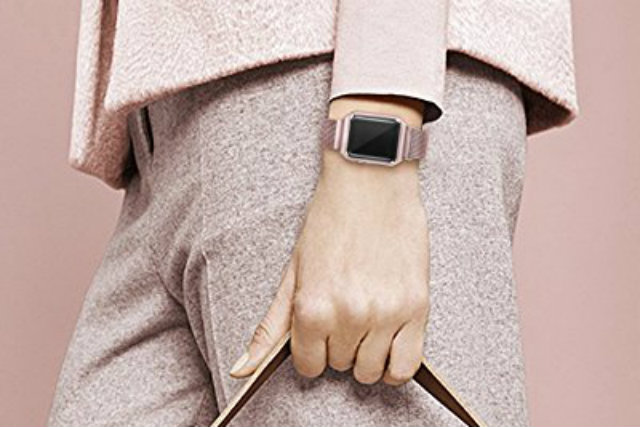
As per Bloomberg’s sources, the iEmpire is currently testing a model of the Apple Watch that would require users to squeeze its frame with two fingers. Then, the watch would pass an “imperceptible current” across the wearer’s chest, hoping to track electrical signals in the heart, and monitor for any abnormalities. Certain deviations could indicate the possibility of stroke, heart failure, and other cardiovascular disease, and around 25 percent of folks over 40 are at risk for such conditions.
If this test sounds somewhat familiar, it’s because it’s effectively a standard electrocardiogram, or EKG. The difference, of course, is that these tests are generally performed in a hospital or ambulance, not at home (or just about anywhere you please). That, however, would be the benefit of having the Apple Watch double as an EKG device — wearers could quickly and easily check certain vitals, potentially preventing more serious health failures. Moreover, having a wearable EKG would allow users to constantly monitor their heart rate, giving themselves and their doctors a more holistic sense of their heart health.
As it stands, the Apple Watch does feature a basic heart rate monitor, it’s certainly not robust enough to function as an EKG. That said, if you do want to use your Apple wearable as a medical device, there does already exist an option on the market — the KardiaBand was recently approved by the FDA as the first true medical device accessory for the watch. KardiaBand replaces your Apple Watch’s existing watch band, and is said to provide accurate EKG readings in 30 seconds.
Moving forward, however, it would appear that Apple is interested in taking these functionalities in-house. When Apple Chief Operating Officer Jeff Williams spoke at a conference in October, he noted, “There’s tremendous potential to do on-device computing, to do cloud computing as well and to take that learning, and through machine learning, deep learning and ultimately artificial intelligence, to change the way health care is delivered. We can’t think of anything more significant than this.”


